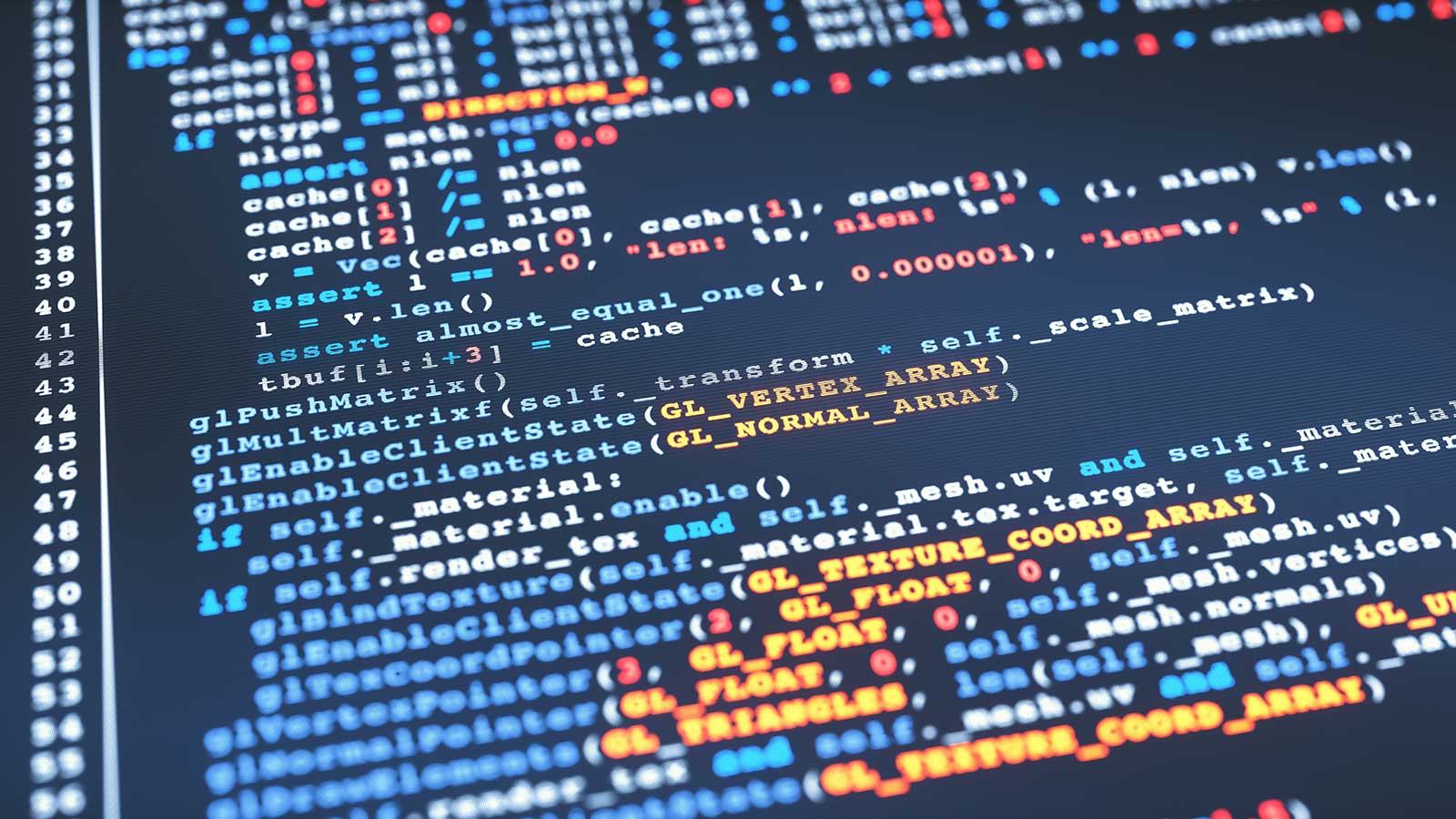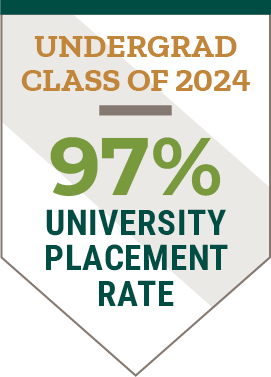We Want to Invest in You
Become a Solinsky Engineer.
The Solinsky Engineers Program is designed to give future engineers a community, a $20,000 scholarship to attend Clarkson for four years, and a variety of incredible benefits to enhance their educational and co-curricular college experience.
We are transforming and elevating our industry-driven engineering education. How? Through scholarship offerings, game-changing facility upgrades and unmatched hands-on learning opportunities. Clarkson will give you the skills, confidence and experience to lead the future of engineering and manufacturing.
Being a Solinsky Engineer opens doors to real experience, camaraderie, and accelerated career growth. We'll choose up to 100 first-year engineering majors annually to be a part of this exciting initiative. Find out how to apply.





